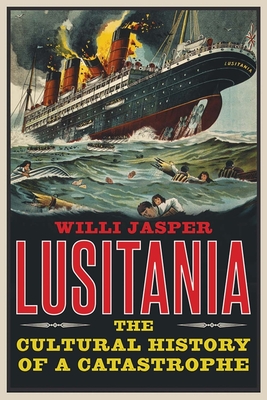Expedite your nonfiction book discovery process with Readara interviews, summaries and recommendations, Broaden your knowledge and gain insights from leading experts and scholars
In-depth, hour-long interviews with notable nonfiction authors, Gain new perspectives and ideas from the writer’s expertise and research, Valuable resource for readers and researchers
Optimize your book discovery process, Four-to eight-page summaries prepared by subject matter experts, Quickly review the book’s central messages and range of content
Books are handpicked covering a wide range of important categories and topics, Selected authors are subject experts, field professionals, or distinguished academics
Our editorial team includes books offering insights, unique views and researched-narratives in categories, Trade shows and book fairs, Book signings and in person author talks,Webinars and online events
Connect with editors and designers,Discover PR & marketing services providers, Source printers and related service providers

Lusitania: The Cultural History of a Catastrophe
History > Military - World War I
- Yale University Press
- Hardcover
- 9780300221381
- 8.7 X 5.7 X 1 inches
- 1 pounds
- History > Military - World War I
- (Single Author) Asian American
- English
Readara.com
Book Description
On May 7, 1915, the Lusitania, a large British luxury liner, was sunk by a German submarine off the Irish coast. Nearly 1,200 people, including 128 American citizens, lost their lives. The sinking of a civilian passenger vessel without warning was a scandal of international scale and helped precipitate the United States' decision to enter the conflict. It also led to the immediate vilification of Germany. Though the ship's sinking has preoccupied historians and the general public for over a century, until now the German side of the story has been largely untold. Drawing on varied German sources, historian Willi Jasper provides a comprehensive reappraisal of the sinking and its aftermath that focuses on the German reaction and psyche. The attack on the Lusitania, he argues, was not simply an escalation of violence but signaled a new ideological, moral, and religious dimension in the struggle between German Kultur and Western civilization.
Author Bio
moreVideos
No Videos
Community reviews
No Community reviews

